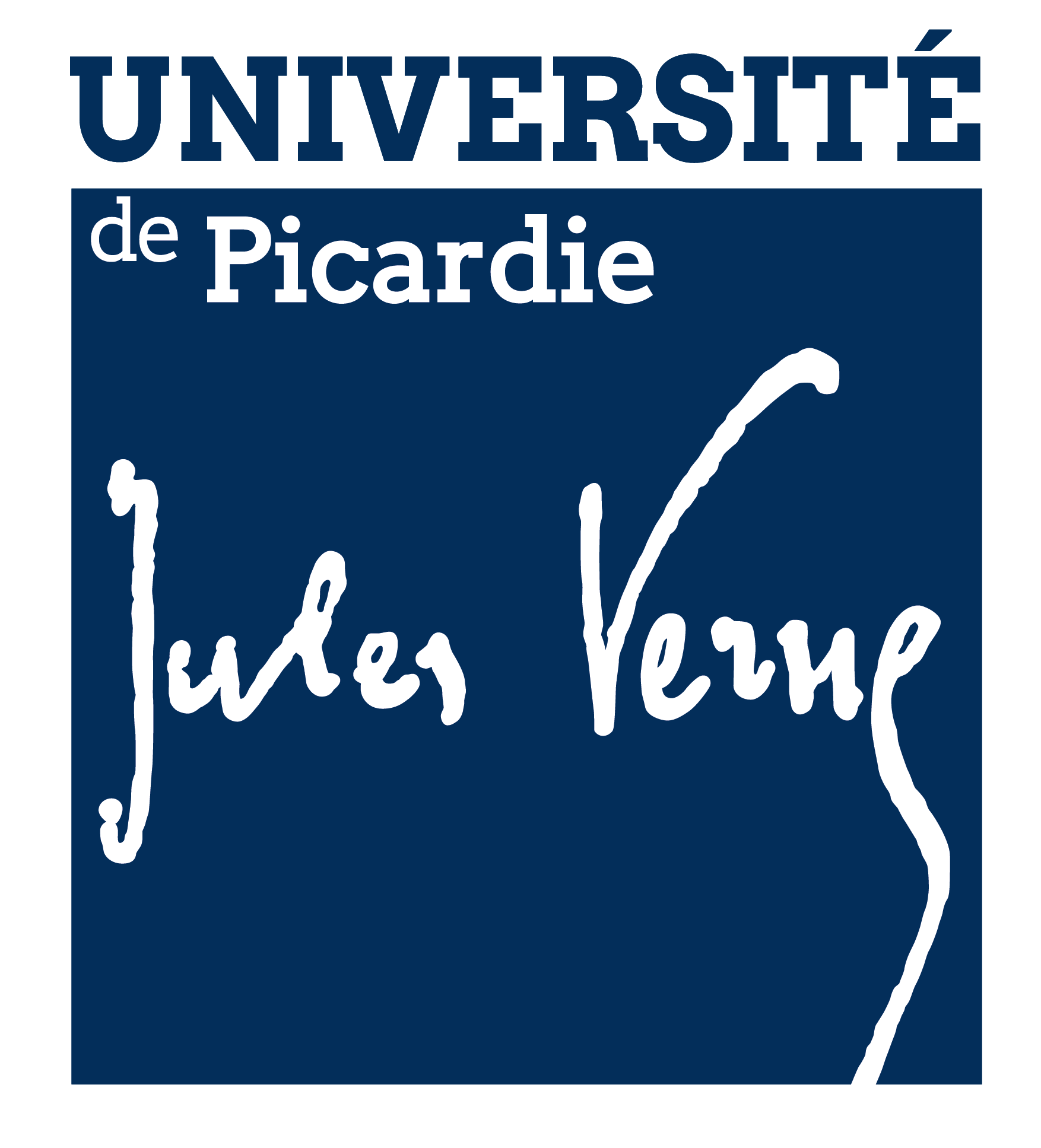Bioprospecting for industrially relevant exopolysaccharide-producing cyanobacteria under Portuguese simulated climate
Résumé
Cyanobacterial exopolysaccharides (EPS) are potential candidates for the production of sustainable biopolymers. Although the bioactive and physicochemical properties of cyanobacterial-based EPS are attractive, their commercial exploitation is limited by the high production costs. Bioprospecting and characterizing novel EPS-producing strains for industrially relevant conditions is key to facilitate their implementation in various biotechnological applications and fields. In the present work, we selected twenty-five Portuguese cyanobacterial strains from a diverse taxonomic range (including some genera studied for the first time) to be grown in diel light and temperature, simulating the Portuguese climate conditions, and evaluated their growth performance and proximal composition of macronutrients. Synechocystis and Cyanobium genera, from marine and freshwater origin, were highlighted as fast-growing (0.1–0.2 g L −1 day −1 ) with distinct biomass composition. Synechocystis sp. LEGE 07367 and Chroococcales cyanobacterium LEGE 19970, showed a production of 0.3 and 0.4 g L −1 of released polysaccharides (RPS). These were found to be glucan-based polymers with high molecular weight and a low number of monosaccharides than usually reported for cyanobacterial EPS. In addition, the absence of known cyanotoxins in these two RPS producers was also confirmed. This work provides the initial steps for the development of cyanobacterial EPS bioprocesses under the Portuguese climate.
Domaines
Sciences du Vivant [q-bio]| Origine | Fichiers éditeurs autorisés sur une archive ouverte |
|---|---|
| licence |



